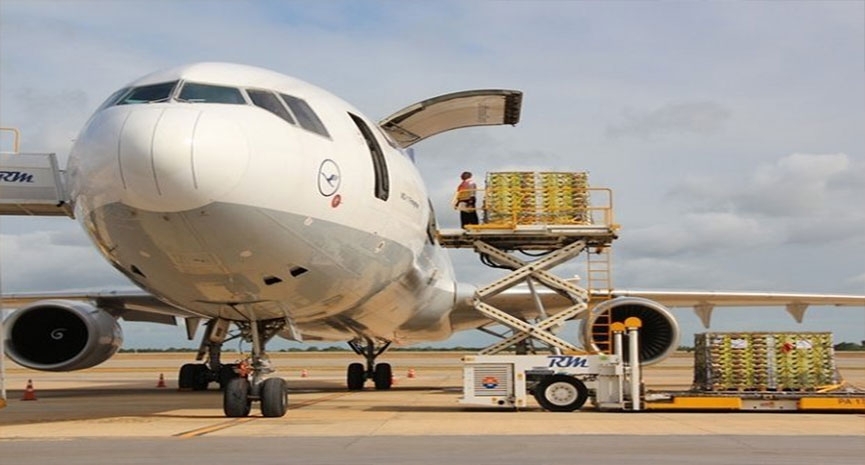A case of digital airfreight corridor
To facilitate the processing of large volumes of data solicited from consolidation of a cargo, and enable a seamless access of the cargo to and from international airport ‘gates’, airports are keen on adopting a system of digital airfreight corridor.

February 28, 2020: To facilitate the processing of large volumes of data solicited from the consolidation of cargo, and enable seamless access of the cargo to and from international airport ‘gates’, airports are keen on adopting a system of digital airfreight corridor. The added connectivity between the digital corridors of different airports increases the quantity and quality of information exchange, digitalising logistics services, and regulatory border controls and easing the trade.
Seduced by the corridor’s potential for fast and more reliable and Just-in-time deliveries, the subject of the digital corridor has become a topic of discussion at many air freight conferences and events. The air cargo India 2020 event, which is live in Mumbai, India till February 27, discussed prospects of corridor system and how it could be incorporated in the Indian airports.
Present at the event, Vandana Aggarwal, economic advisor to India’s ministry of civil aviation propounded that Indian airports need to welcome the digital relationship internationally, and get running the pending memorandum of understanding (MoU) signed in the past.
In 2018, Kale Logistics Solutions signed a memorandum of understanding (MoU) with Cargonaut to create a digital corridor between Mumbai Airport, India and Amsterdam Airport Schiphol. As the delivery on the MoU remains unconcluded, Vandana Aggarwal urged that it be put into operation by the end of March, which calls for an end of the financial year, so that a test case can be inspected and studied.
The knowledge on the importance of such a corridor is proliferating within the industry as well as in the government institutions, which may inspire policies that accommodate robust digital infrastructure and build resilience in face of growing demands and cargo congestions and delays.
Logistics Update Africa is one of the publications of STAT Media Group and the media partner for ACI 2020.


